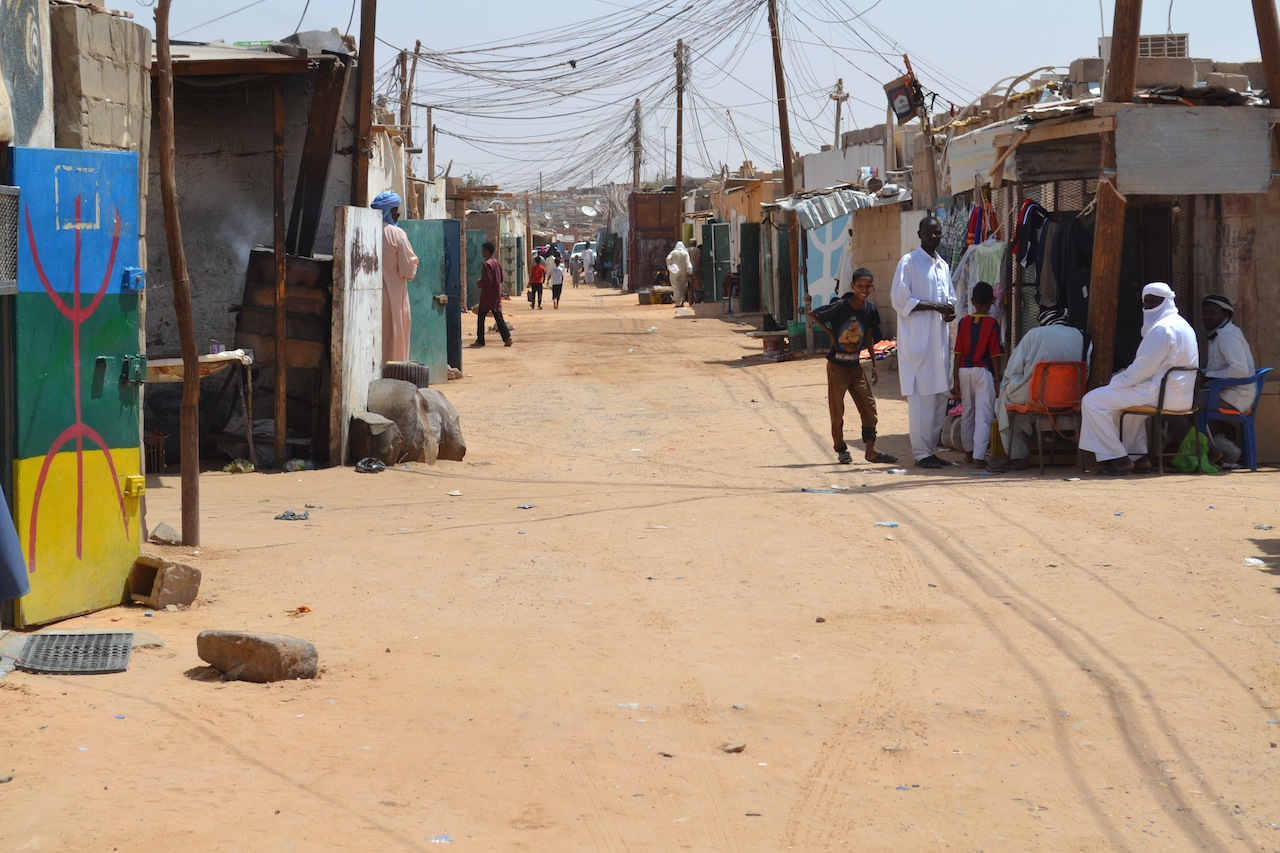By Callum Paton

Amman 22, September 2013:
The chairman of Jordan’s Private Hospitals Association has said he is saddened that Libyan officials have . . .[restrict]not thanked Jordan’s health care providers since the Arab kingdom treated some 80,000 patients in the aftermath of the revolution.
Speaking to the Libya Herald, Dr. Fawzi Al-Hammouri, head of Jordan’s private hospitals said: “I expected the Libyan government to say thank you; they did not say thank you. They are just suspicious of our bills.”
Al-Hammouri went on to say: “Still this issue has not been settled and now we are talking about a period of more than two years.”
Private health care providers in Jordan are owed around $80 million after tens of thousands of Libyan war-wounded were transferred to the country’s hospitals since the toppling of Qaddafi in 2011. Jordan’s private health sector took on by far the largest share of Libyan patients.
While none wounded from the fighting remain, Jordan’s hospitals have only recently recovered from a crisis which saw a number of private providers face bankruptcy. At their height, debts to the Hashemite Kingdom exceeded $200 million.
The Jordanian private hospital chief would not reveal which hospitals had faced proceedings from the banks. He did say however, that those which had faced pressure to the extent they stopped receiving inventory from medical supply companies had been given priority when repayment began.
At the peak of the crisis, Libyan patients with guarantees from the government were turned away from Jordanian private hospitals, as the Libya Herald reported in February.
Dr. Al-Hammouri explained that during the same period, Jordanian patients also had to be turned away because of the high number of Libyans: “Actually, we were unable to admit Jordanian patients. There was a lot of talk in our newspapers and in the media and there were no beds for the Jordanians. There was a negative image for the private hospitals during this crisis. Still we expected from the Libyan government to appreciate what we had done.”
Patient numbers and medical costs were inflated as non-specified treatments became widespread under the agreement between the government and Jordanian hospitals which began in November 2011. Reports of revolutionaries arranging for family members to undergo IVF fertilisation treatment or other procedures in dubious circumstances led some to accuse foreign clinics of colluding with Libyan patients to capitalise on the confusion at the time.
Refuting these claims Al-Hammouri said: “For the IVF and the other non-emergency services, they have been referred with their official letters; so they did not ask for it just like this. In fact they have a referral letter from their committee.”
Disagreements over the validity of treatments have been the main cause of delayed payments, with the NTC’s Health Minister Fatima Hamroush suspending the auditing of bills by a Jordanian company earlier this year , replacing it with PricewaterhouseCoopers. The British auditing company should finalise its findings in the coming months and the Jordanian Private Hospital Association is hopeful the outstanding bills will be paid soon.
Far from souring the relationship between the Libyan government and Jordan’s private hospitals, civilian patients, most with conditions not directly related to the 2011 insurrection, are now being treated under special arrangement in Jordan. Their bills are paid by the Libyan Ministry of Health in advance.
At the Specialty Hospital, a private facility in north east Amman with beds for 26 patients, there are four Libyan patients currently being treated under such arrangements. Salem Soliman, a chef from Benghazi had been transferred to the hospital five days earlier. Despite his illness, he was glad to be in Jordan, and called it his second home.
Salem is suffering from a cancerous tumour in his leg which spread throughout his body. He explained that the cancer, now terminal, was left untreated under the Qaddafi regime, despite several applications to see a doctor.
“I could never have expected this kind of treatment in Libya before the revolution,” Salem said, “before I would have needed good connections to get treated outside of Libya but now everyone is treated the same. There is a one hundred percent difference between then and now.”
Similarly, Dr. Ramadan, a lecturer in Biology from Benghazi, was aware of the drastic change in health policy. Undergoing treatment for lesions in the brain he said: “You had to be very close to the government before to receive this kind of treatment and I don’t think I would have been able to afford to come here myself.”
Dr. Al-Hammouri commented that he feels the arrangement marks a new beginning for health care between Libya and Jordan, saying that the common language, a lack of visa restrictions and reasonable prices and quality of care, ensured the relationship would continue. “There is a big trust with the medical sector in Jordan from the Libyan patients,” he added.
The Jordan Times reported in September a statement from the head of the Libyan Patients’ Affairs Committee in Amman explaining that outstanding debts to Jordan’s private hospitals would be paid once stability was restored in Libya.
The Libyan embassy in Amman could not be reached for comment. [/restrict]








